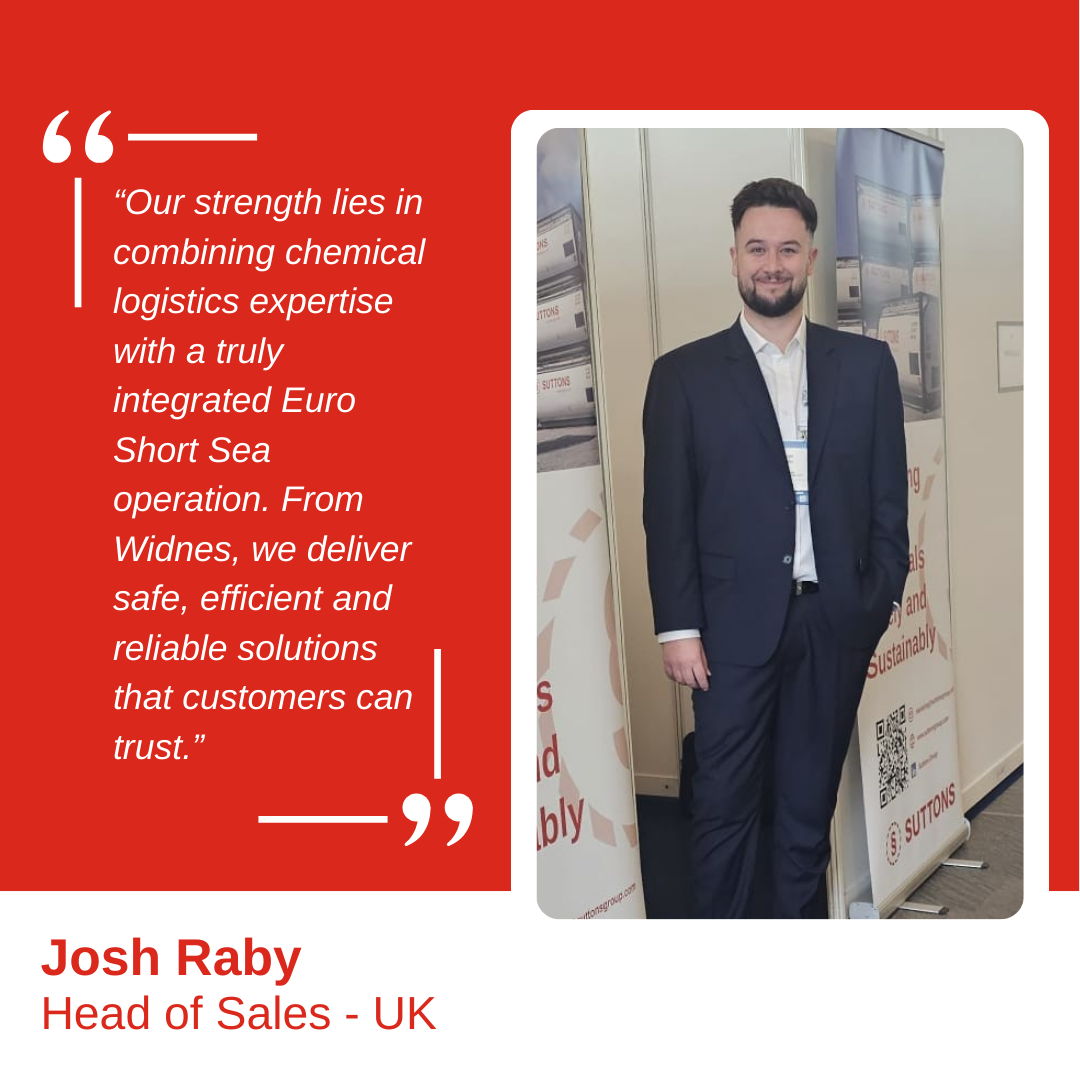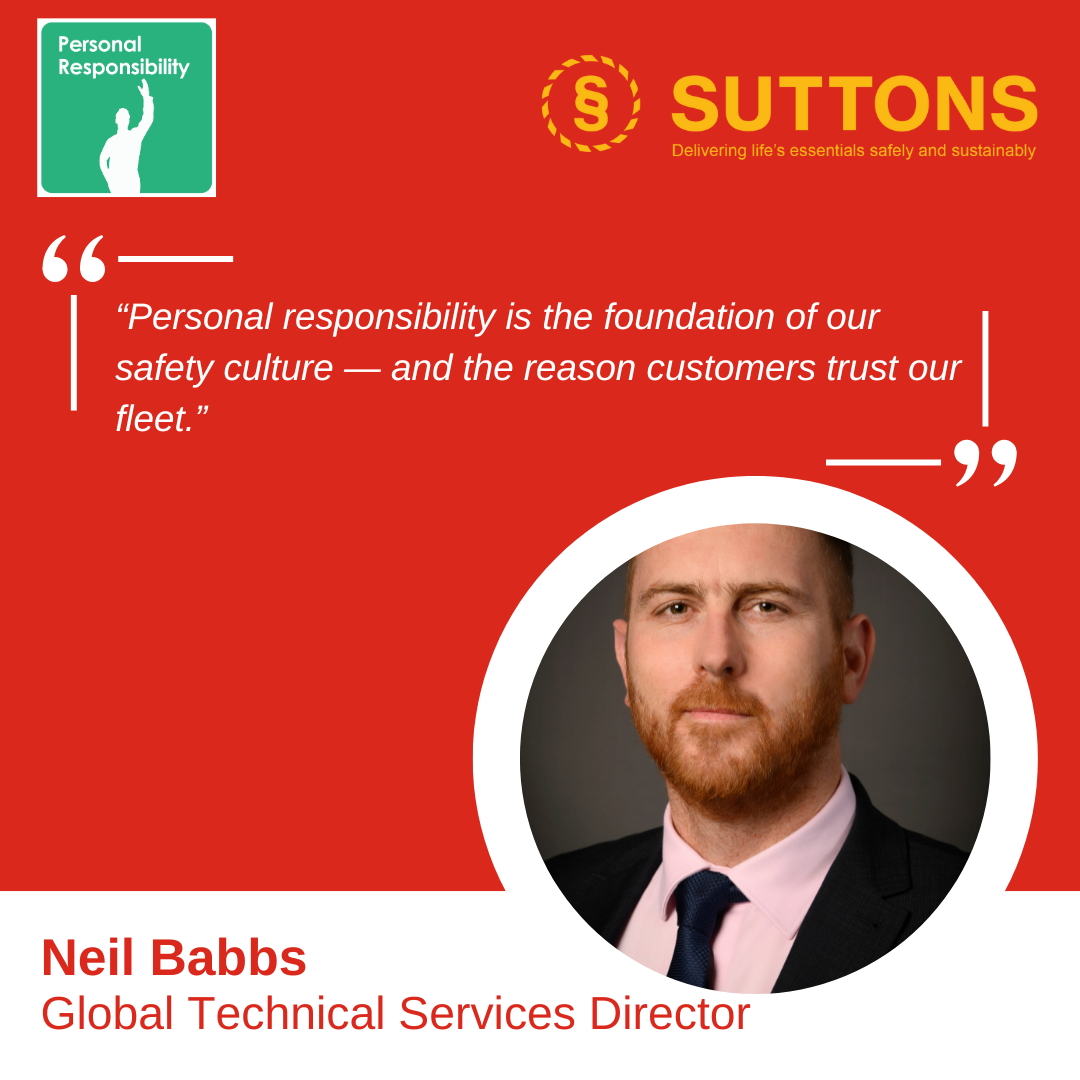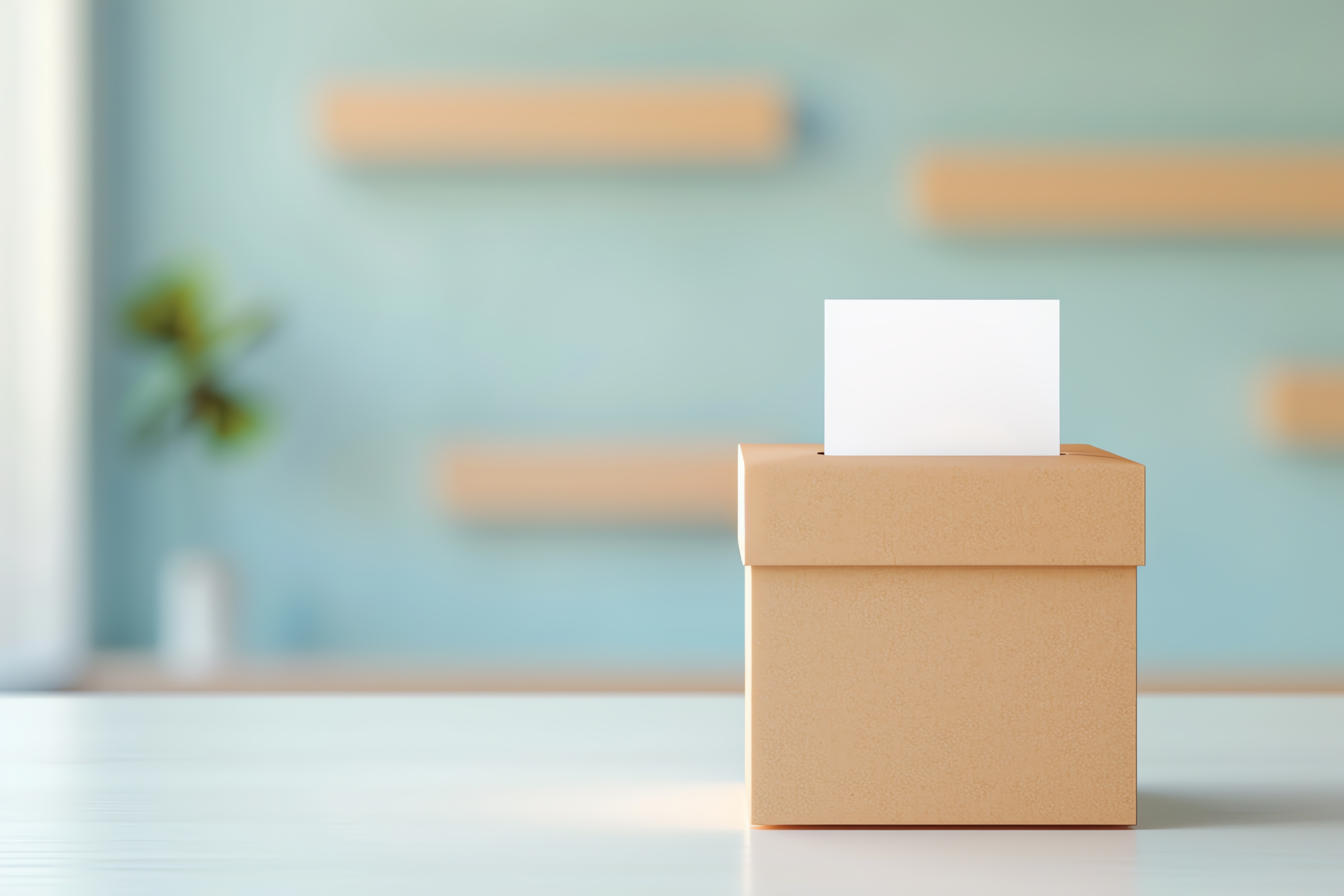If your business works with hazardous chemicals, then it is essential you have a safe method of disposing of them.
It doesn’t matter if you produce chemical waste in a one-off instance or if it’s a regular occurrence, you must comply with appropriate rules and regulations.
These are put in place to keep the environment safe from harmful chemicals, which could endanger life.
In this blog post, we’ll look into what chemical waste is, how it’s disposed of and other aspects of the waste logistics process.
What is commercial chemical waste?
If a business produces chemical waste as a result of carrying out commercial duties, then this can be classed as commercial waste.
These chemicals can be seen as either hazardous or non-hazardous and must be disposed of in the appropriate manner.
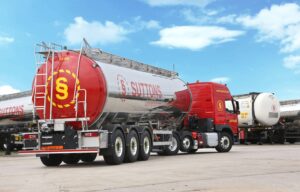
Storing commercial chemical waste
There are many different types of chemical waste and they can be found in various amounts of products. It’s for this reason that caution must be exercised, as there is a lot of opportunity for potentially toxic substances to get into the environment.
There are three main groups which chemical waste can be assigned, these are:
- Flammable and/or explosive – plastics, oils, solvents and more.
- Solid or liquid corrosive substances – chlorine, nitric acid, sodium peroxide, sulphur dioxide and more.
- Environmentally hazardous substances – sulphur trioxide, lead, mercury and more.
These chemicals must be stored separately from each other so that unwanted chemical reactions can be avoided.
It’s important to note that the right containers are needed to store certain chemicals, otherwise, there could be an unwanted leakage.
To find out more about which chemicals should be stored in which containers please read the regulations set out by the HSE (Health & Safety Executive).
How do you dispose of commercial chemical waste?
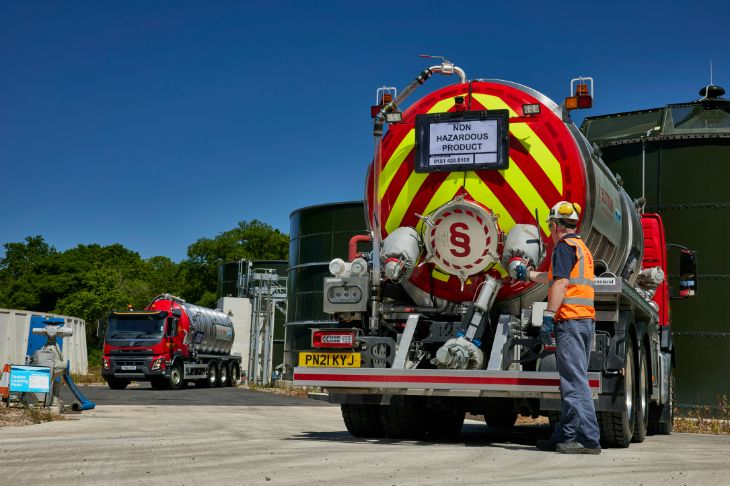
After the chemical waste has been stored safely, it’s time to get it collected so that it can be disposed of.
If there’s a small quantity of chemical waste being produced then a business may wish to dispose of it themselves at a local waste disposal site.
When larger scale businesses are involved, ones that produce massive amounts of chemical waste, external service providers are usually involved.
Businesses that use waste chemical disposal experts like Suttons Tankers know that their waste management is being handled professionally and in a timely manner.
We can provide appropriate chemical storage containers as a replacement when we come to collect your chemical waste.
We’ll transfer the appropriate chemical waste to a designated disposal facility which is equipped to dispose of that specific chemical properly.
Find out all you need to know about safety data sheets on our blog.
Legal requirements of commercial chemical waste disposal
The commercial chemical disposal process involves following COSHH (Control of Substances Hazardous to health) regulations.
These regulations are set on employers to keep employees protected from harmful chemicals in the workplace.
Your business will need to be registered with the Environment Agency if it does any of the following:
- Transports waste (a carrier)
- Buys, sells or disposes of waste (a dealer)
- Arranges for someone else to buy, sell or dispose of waste (a broker)
It is also your responsibility to classify your waste before sending it for disposal or to be recycled. Doing so allows chemical waste disposal providers to handle the process properly.
Paperwork will be needed to hand over to chemical waste management services when the waste is being collected.
This paperwork clearly identifies:
- Waste classification code, also referred to as LoW (List of Waste) or EWC (European Waste Catalogue) code – classification codes for common types of waste are in the relevant parts of this guidance.
- Whether it’s hazardous or POPs (persistent organic pollutants) waste.
- The type of premises or business where the waste was produced.
- The name of the substance or substances.
- The process that produced the waste.
- A chemical and physical analysis of the waste and its components.
- Any special problems, requirements or knowledge related to the waste.
What are the common types of commercial chemical waste?
Chemical waste isn’t just found in factories that use chemicals in their manufacturing process. Chemical waste can be found throughout many businesses e.g. office buildings with ink cartridges.
Other common commercial waste includes:
- Electrical items such as laptops, printers & fridges.
- TVs & computer monitors.
- Oily rags.
- Oils and filters.
- Fluorescent light tubes & bulbs.
- Lithium & Ni-cd batteries.
- Tyres.
- Aerosols & solvents.
- Paints & adhesives.
Can I switch my chemical waste disposal provider?
You can switch chemical waste disposal providers by following TUPE regulations. These are regulations which our staff have experience with and can guide you through the process.
Suttons Tankers – Chemical waste disposal provider
At Suttons Tankers we have an expansive waste supply chain network which allows us to deal with your chemical waste efficiently and in a timely manner.
We understand that disposing of your business’ chemical waste is pivotal to your business. That’s why we employ a team of highly trained individuals who set the highest of standards in the waste disposal industry.
Contact us today, and we can arrange for a visit to your site where we can carry out maintenance and assess your equipment.


